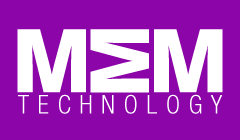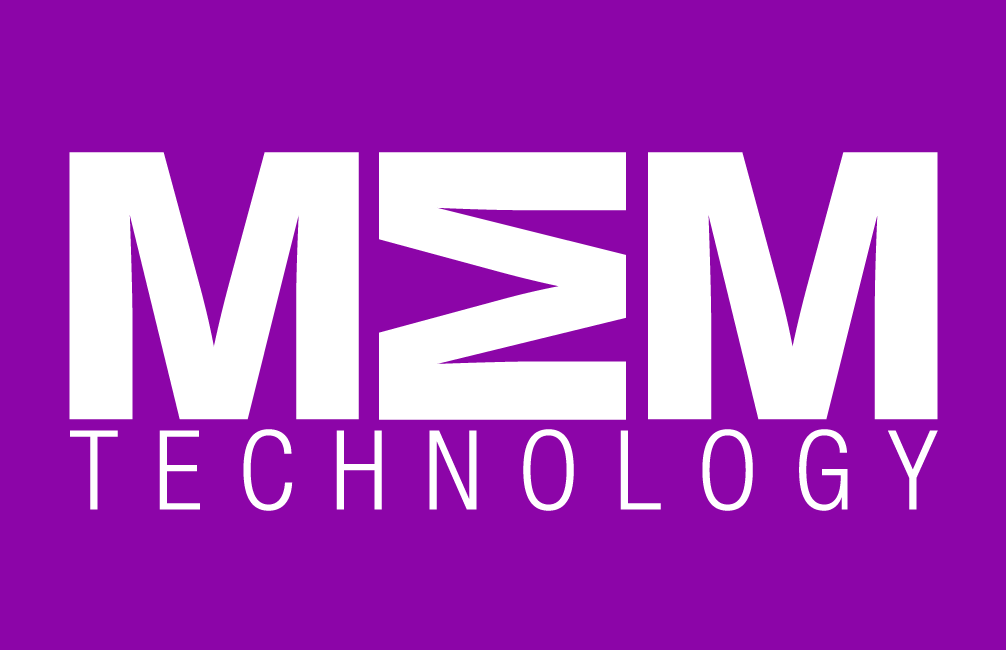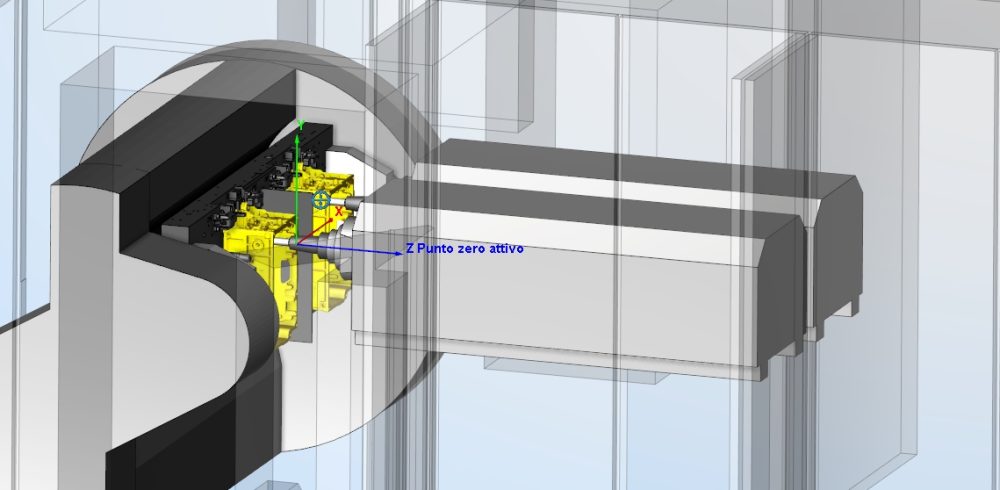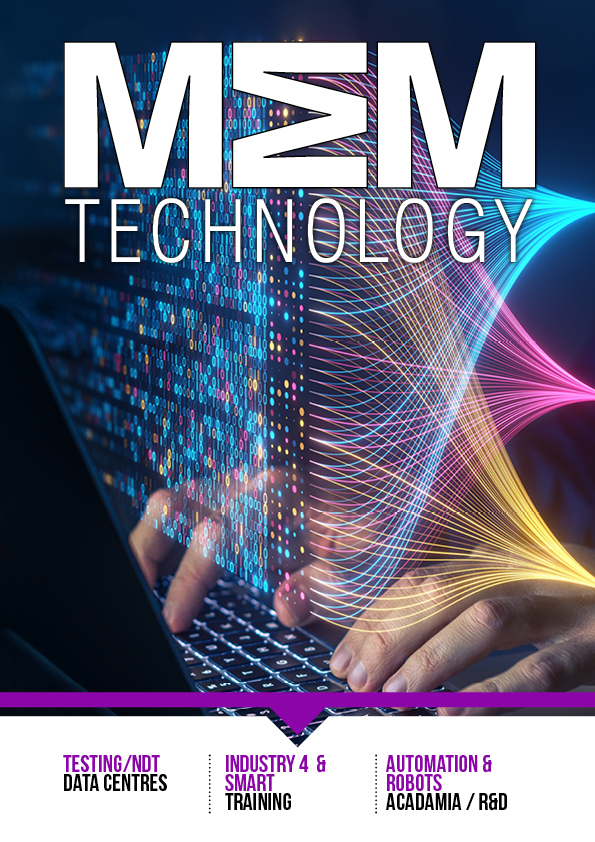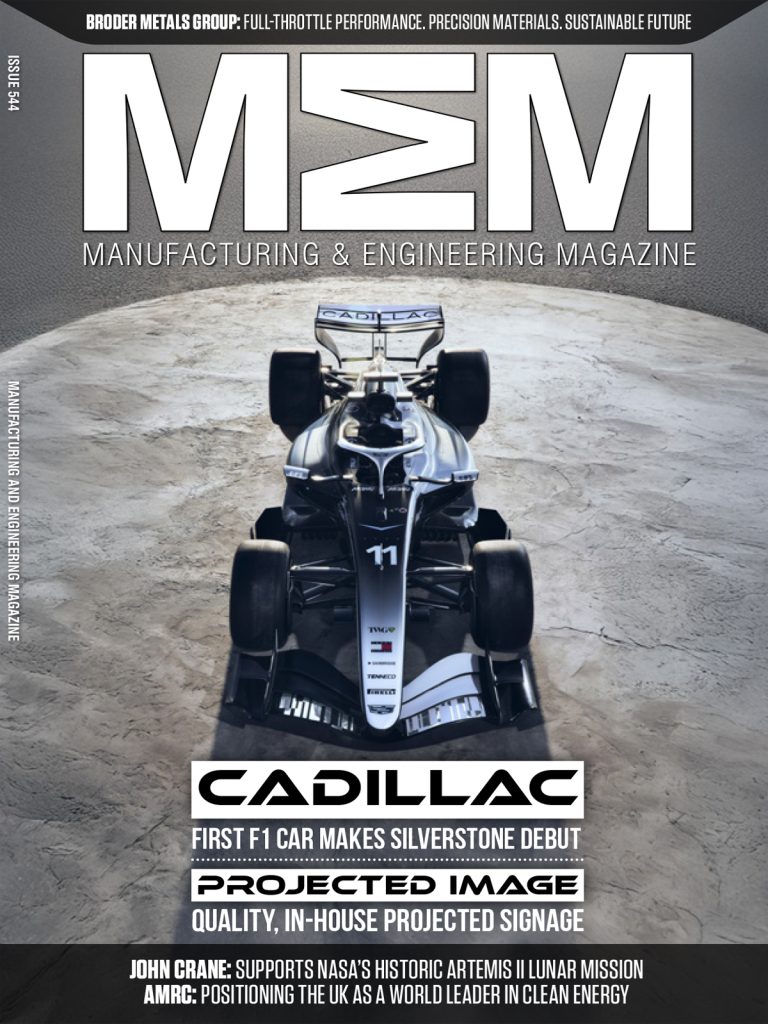More Flexible with the Digital Twin : Since the aluminum die-casting component manufacturer Alupress implemented VERICUT, the simulation, verification, analysis, and optimization software for CNC machines in its production process, it has reduced cycle times and improved the final quality of its products.
There’s a characteristic that, more than others, should be possessed by those operating in the automotive field. Flexibility. A high level of flexibility that allows coping with strongly fluctuating demand. But being flexible is not such a trivial concept. It implies careful management of resources and supply chains. And it cannot do without constant technological updating, as well as a commitment to innovation to be not only prepared but also ready to handle any type of request. The headquarters of Alupress is located in Bressanone, in the province of Bolzano, a reality born in the late 1960s and specialized in the production of aluminum die-cast components mainly for the automotive sector. Alupress has made flexibility one of its main strengths. In an effort to reduce the manufacturing times of its products, two years ago the company implemented VERICUT, the simulation, verification, analysis, and optimization software for CNC machines, developed and launched on the market for the first time in 1988 by the Californian company CGTech, into its production process.
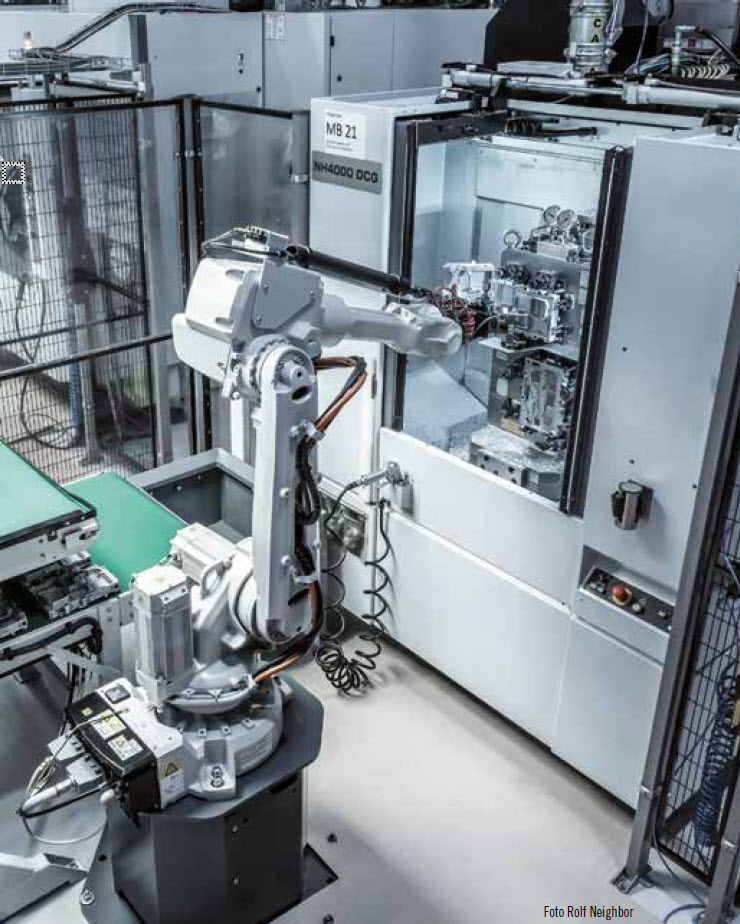
TECHNOLOGICAL PARTNER
Alupress has a staff of about a thousand people divided among its three production plants in Bressanone, Hildburghausen in Germany, and Laurens in South Carolina. Each site catering to very important clients in the sector, Alupress is not the typical company specialized in providing third-party mechanical processing. The company has chosen to position itself in the market as a technological partner specializing in the supply of die-cast products, mechanically processed and assembled, as explained by its Senior Process Development Engineer, Quirico Calabretti. “To optimize the quality of finished components and accelerate the production process,” he said, “we consider it essential to establish and carry on a close and synergistic collaboration with the technical offices of our customers. Making our extensive know-how and deep experience in the field of die-casting available to them allows us to overcome the superficial perception of the mechanical piece as merely a drawing or a unique model, laying the groundwork for improving the efficiency of the production process and the quality of the products, with positive repercussions also on the final cost.”
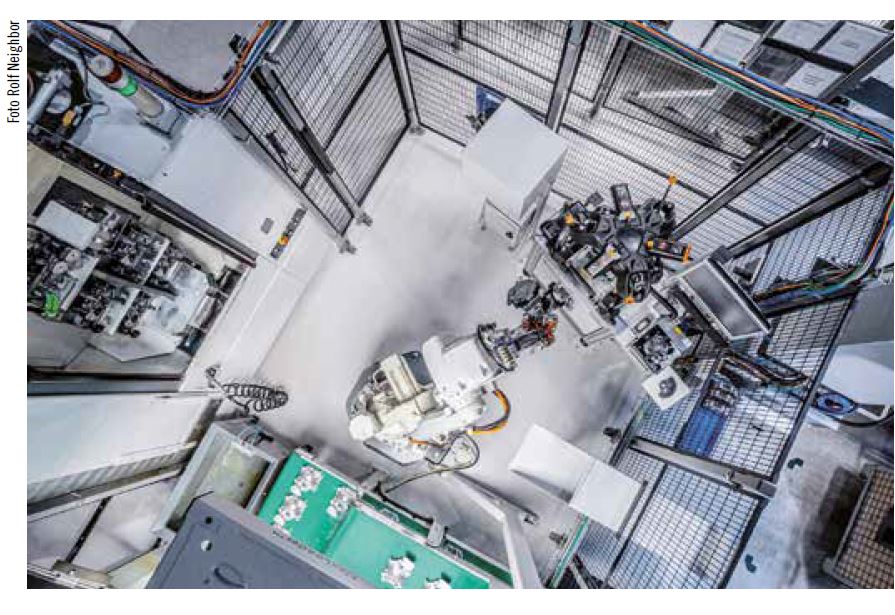
THE DIGITAL TWIN
The collaboration with the Californian company CGTech, known worldwide for its VERICUT software for simulation, verification, analysis, and optimization for CNC machines, now in its 9.4 release, began in mid-2022 and stems from a very specific need: to reduce production machining times. “VERICUT allows us to create the digital twin of the machine tools we use for our production,” explained Calabretti, “giving us the possibility to study, analyze, modify, if necessary, all phases of the production process before the actual process takes place on the real machine.” Before VERICUT, Alupress used CAM software, a solution capable of greatly simplifying the programmer’s work. “VERICUT not only offers us the possibility to update the code produced by the CAM software according to our needs,” Calabretti continued, “but also allows us to verify that the changes made are correct, by simulating exactly what the machine will do. Thanks to the creation of a digital twin of the machine tool, VERICUT allows us to conduct a detailed analysis of machining dynamics, any conflicts or collisions, and tool path optimization, ensuring that the changes not only improve production efficiency but are also error-free, ensuring maximum precision and reliability. It often happens that the changes we make are not only to the code but also to the operational logic of the machine, and VERICUT allows us to verify this aspect as well.”
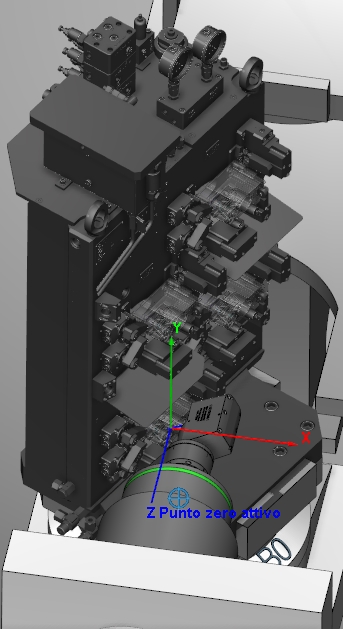
UNDISPUTABLE ADVANTAGES
“The implementation of VERICUT has allowed us to reduce cycle times,” Calabretti added, “but also, and above all, to eliminate collisions. VERICUT also offers us the possibility to simulate different profiles or tools, something that not all software allows you to do so easily and quickly. In this way, the entire process is even more efficient.” Simulation, verification, analysis, and optimization thus allow reducing production time, improving the quality of machining, making the production department more reliable and secure, but also reducing energy consumption or extending the life cycle of tools, effectively achieving one of the most important goals today, namely, increasingly sustainable production.
LEARNING SPEED
The implementation of VERICUT into Alupress’s production process took place in two steps. “Initially,” Calabretti explained, “we decided to purchase and start using the VERICUT Single Platform license, which is the version of the software that allows recreating the digital twin of a single machine. This allowed us to learn about the platform and the various functions it provided. However, after about six months, as we had already planned beforehand, we deemed it necessary to upgrade and switch to VERICUT Multi Platform because in our plant, there are machines that are geometrically very different from each other – single-spindle, twin-spindle, with vertical rotary table, with horizontal rotary table, which necessarily had to be managed by different digital twins.”
Manufacturing & Engineering Magazine | The Home of Manufacturing Industry News
